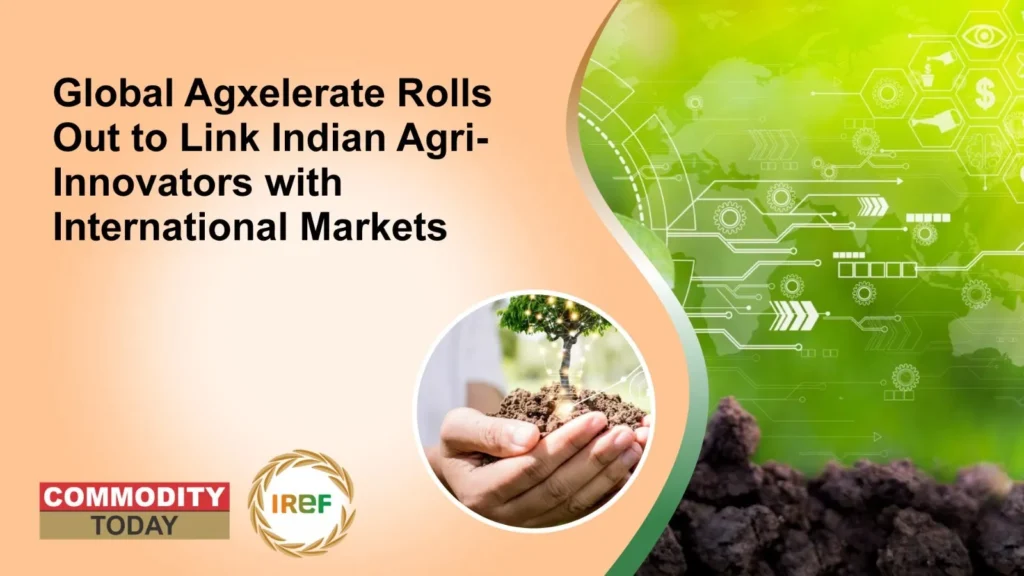On Wednesday, October 15, an international agri platform namely Global AgXelerate was rolled out here, establishing India’s position in the global agri-innovation network. Notably, the capital investments and technology eco-systems platform, launched by AgVaya and BioSTL, with support from the Indian Council for research on international Economic Relations(ICRIER) and Federation of seed Industry of India , will associate startups, incubators and investors from the US, Brazil, UK, Netherlands, Israel, Argentina and Australia to build market pathways for science-based solutions in regenerative agriculture.
Donn Rubin, CEO and President of BioSTL, a St Louis-based non-profit that has helped build over 140 startups, mobilizing around USD 3 billion in venture capital through its BioGenerator arm. He stated that through Global AgXelerate, we intend to connect India’s dynamic agricultural ecosystem with St Louis’s innovation hub, building bridges between innovators, investors and farmers.
Notably, India is becoming a significant hub for global agri-innovation, with around 150 million smallholders and an agritech sector that has drawn USD 2.5 billion in funding since 2020. Global agricultural markets are expected to grow USD 12 trillion by 2033. It is driven regenerative agriculture, agri-biotech and precision farming innovations.
Vijay Chauhan, GlobalSTl Lead at BioSTl, said that Global AgXelerate will enable a two-way flow of technology, bringing cutting edge global innovations to Indian Farmers, whereas also taking Indian technologies and agri-solutions to international markets. He highlighted that India is positioned as a source and destination for innovation.
Moreover, the specific focus of this platform is on smallholder farmers, stands around 80% in India’s farming community. The platform intends to bring tangible benefits to them and helo india become the global centre of innovation for smallholders farmers. It is significant for the smallholders to get access to the technology so that they can meet the country’s food requirements. Not only this, but technology will enhance their incomes and sustainable food systems.



